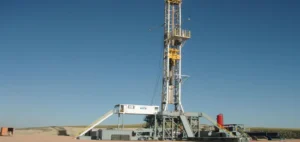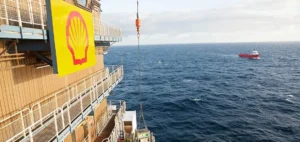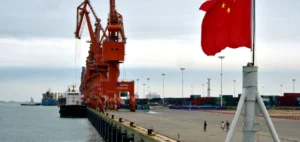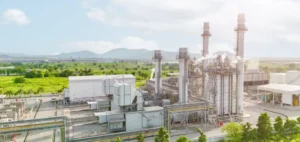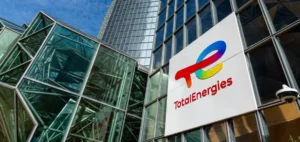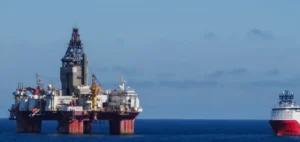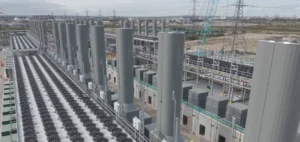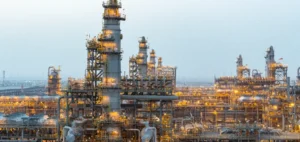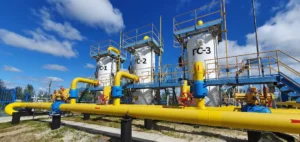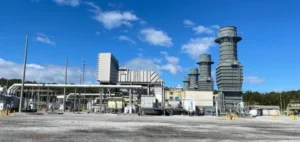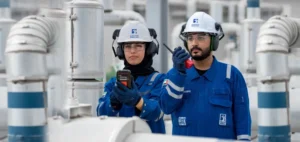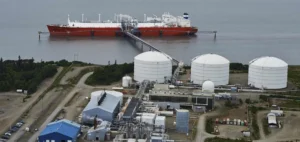The Permian Basin, the main centre of oil and gas production in the United States, has recorded a significant decrease in the intensity of its methane emissions between 2022 and 2024. According to data published by S&P Global Commodity Insights, the intensity of emissions linked to hydrocarbon extraction fell to 0.44% per barrel of oil equivalent in 2024, representing a 29% drop year-on-year.
Volumes falling sharply
The analysis indicates that absolute annual methane emissions in the region decreased by 21.3 billion cubic feet (bcf) in one year, a decline of 22%. Since the end of 2022, 55.2 bcf of methane have been avoided, equivalent to 28.8 mn tonnes of carbon dioxide (CO2) emissions. This figure places the basin’s performance above certain European countries in terms of emissions reduction, and beyond the combined impact of all electric vehicles sold in the United States and the European Union over the same period.
The impact of monitoring technologies
The assessment methodology is based on more than 500 high-resolution aerial surveys, covering 90% of local production, to provide a representative overview of methane leaks. The decrease in emissions affects all observed levels, from the largest plumes (over 1,000 kilograms per hour) to the smallest (10 kilograms per hour).
According to S&P Global Commodity Insights, this reduction is explained by the widespread adoption of more efficient equipment and the growth of technologies such as artificial intelligence (AI), field sensors and satellite imaging, which facilitate the rapid identification and repair of leaks.
Limited economic consequences
Despite this reduction, the economic context of natural gas in the region limits the commercial value of captured methane. The average annual price on the spot market in 2024 was only $0.02 due to oversupply and export constraints. The economic value lost from fugitive emissions therefore represented just 0.002% of total hydrocarbon revenues for the same period.
Operators are continuing to deploy predictive systems to detect and prevent emissions. The integration of methane management into field operations is becoming standard practice, supported by the adoption of new equipment by oilfield services manufacturers.



